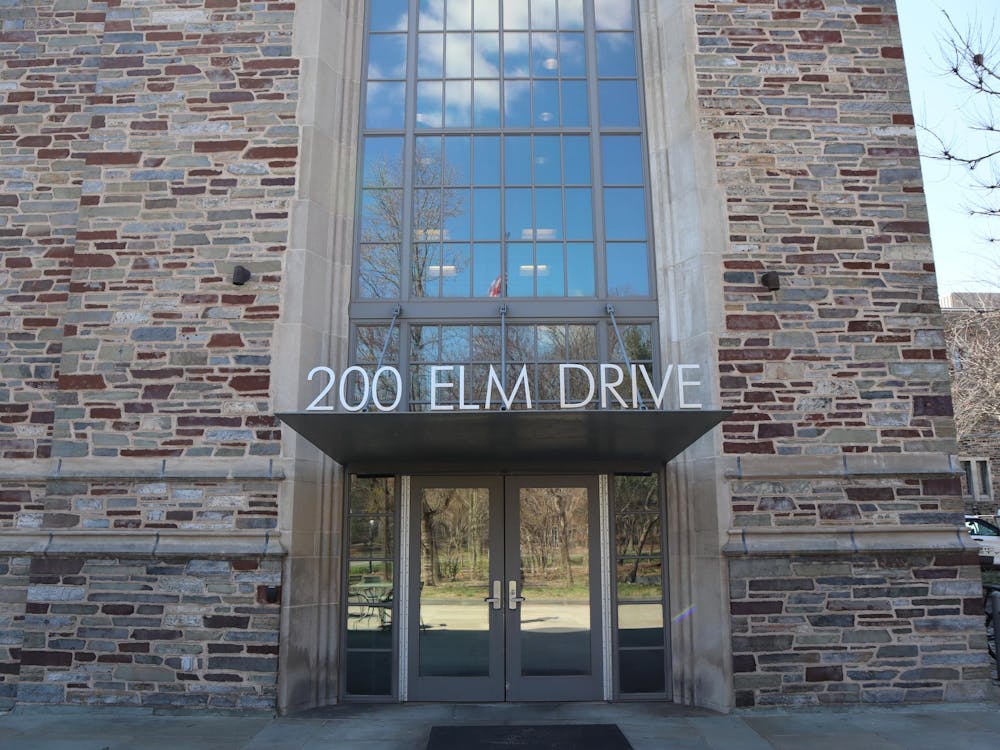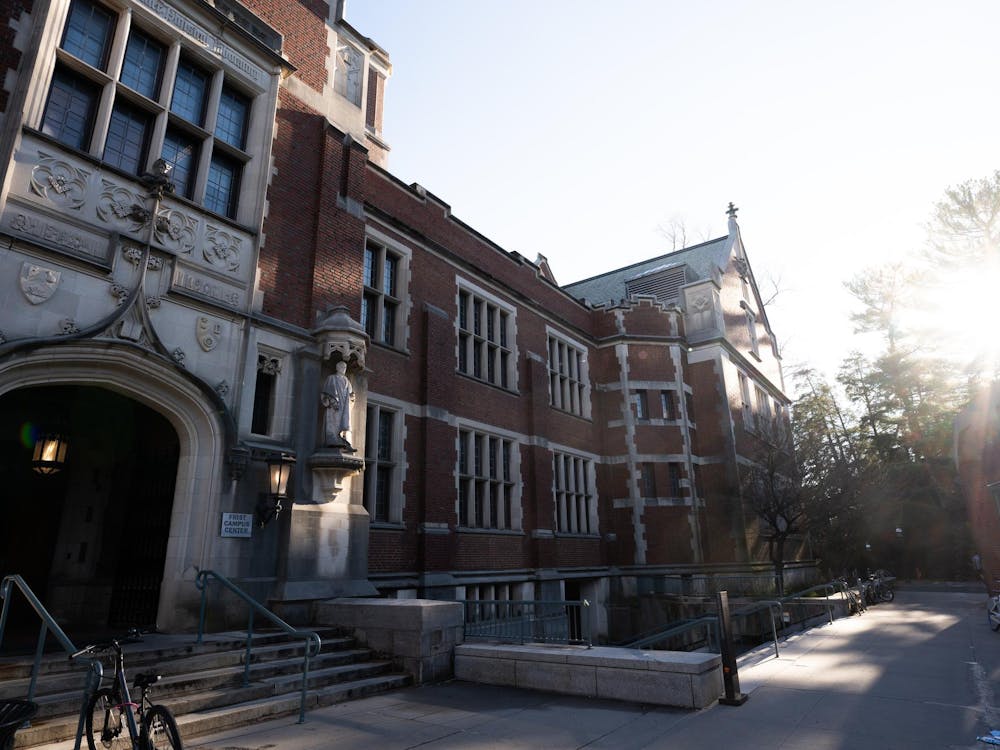Princeton Neuroscience Network, a student organization to help community members engage with and learn about the field of neuroscience, was approved as an official club by the Undergraduate Student Government on Oct. 18.
The officers of the club have been planning the creation of the club since last spring.
Although the Cognitive Science Society had been established last year, no group on campus had supported neuroscience alone, PNN president Seong Jang ’18 noted.
“It’s amazing to see something like this happening. We were up at Lewis on the chalkboard writing ideas and now they’re pretty much all going to happen,” PNN Vice President Andy Schilling ’17 said.
In initial conversations about establishing PNN, the founders planned to connect students on campus, but then wanted to go beyond just being a society, Jang said.
Co-director of the Princeton Neuroscience Institute and neuroscience professor Jonathan Cohen said that the emergence of PNN reflects the confluence of events around neuroscience on campus and across the country. National trends and the other events at similar universities show a growth in interest in neuroscience, according to Cohen.
“That growth reflects a more general growth in neuroscience both along students but along society at large,” Cohen said."I mean, you know, the brain is the organ of the mind. The mind is at the root of most of things we do and that interest us."
Schilling said the field of neuroscience is very "hot" right now, and the PNN is seeking to amplify the interest in neuroscience by directly engaging students.
The interest is present, Schilling said,so as long as PNN provides an engaging program, it will attract many people on campus. He added that the introductory course of Neuroscience 201 had 216 students enrolled of a 250 student maximum this fall.
PNN officers said the group plans to target people beyond current and potential neuroscience concentrators by hosting events open to undergraduates that cross over between fields.
Jang said that as a network, the organization aims to engage all members of the University community, including undergraduates, graduates, post-docs and faculty.

“First and foremost, we wanted to make it a student group and connect students and members of the community around us,” PNN Treasurer Ankush Rakhit ’18 said, “One of our visions is to have professors also involved in philosophy and engineering to come in casino online and give lectures here and tie that in with neuroscience.”
In addition, Jang said PNN hopes to spread neuroscience from PNI to the youth and organizations outside campus.
Because PNN is still in the planning stages, many of its programs have yet to be initiated, according to Jang.
He explained that many of the neuroscience professors are leaders in the field, and the organization wants to capture that by having speakers, debates and panels from faculty at PNI but also from other fields, Jang said.
One of PNN’s first initiatives will be to create a mentoring program for future neuroscience concentrators, according to Jang.
“There’s a lot of questions the sophomores are going to have coming into the department unlike other departments with a very established history, that just doesn’t exist because we’re new and exciting,”Schilling said.
Neuroscience graduate student Anne Mennen GS said she sees PNN as an opportunity to bridge the gap between undergraduates and graduates.
“Intellectually, it could be really good because we can learn a lot from undergraduates, and graduates can show them what research would actually be,” Mennen said.
She said that because professorsinteract with graduate studentsdifferently than with undergraduate students, the graduate students could serve as a liaison.
Rakhit said that PNN is planning a lab-match program so that graduate students could help undergraduates learn more about research and what kinds of labs they might want to be a part of.
Schilling noted that another event that would have mass appeal would be a panel where professors debunked myths about neuroscience, as he said there is a lot of misinformation about the field.
“There’s so much pop science on neuroscience and people can be so misled by the media,” Mennen said. “We have to communicate that the robot is not, in fact, going to take over the world.”
The group will also work with students in high school and community colleges so that students can learn about neuroscience earlier, explained PNN outreach committee chair Chi-Chi Azoba ’18. Kids get extremely excited about neuroscience, Jang said based on his own experiences as a neuroscience volunteer.
"I know a lot of communities outside of Princeton kind of feel like Princeton is just this high, arching campus that doesn’t really do much outside the community," Azoba said. "It’s not entirely true, but I think this [initiative] will help a lot."
PNN officers said they might host a public event showcasing PNI’s brain imaging tool, which Cohen said undergraduate students can use to write their senior theses.
“If I had had access to something like this when I was an undergraduate, my career would’ve been very different,” Cohen said. “It took me a while to beat a path to neuroscience. In the day it was a very different kind of field, no human brain imaging, that’s for sure.”
He added that because the brain is arguably one of the most complicated devices we know of in the universe, neuroscientists need tools to deal with that complexity. Some of those tools belong to PNI.
“PNN sounds really interesting to me because it sounds like it will really get the word out there about what neuroscience is,” neuroscience concentrator Lauren Berger ’17 said."For people who are not a science major, when they hear neuroscience they say ‘Ok, well I know it’s the brain, but what does that really entail.’ … I think it’s important to not only explain what it is but also to inspire other people to get involved in other ways."
Neuroscience was established as a concentration last spring and currently consists of 19 concentrators and a few seniors doing an independent concentration, Cohen said. The certificate program has existed for 15 years.








